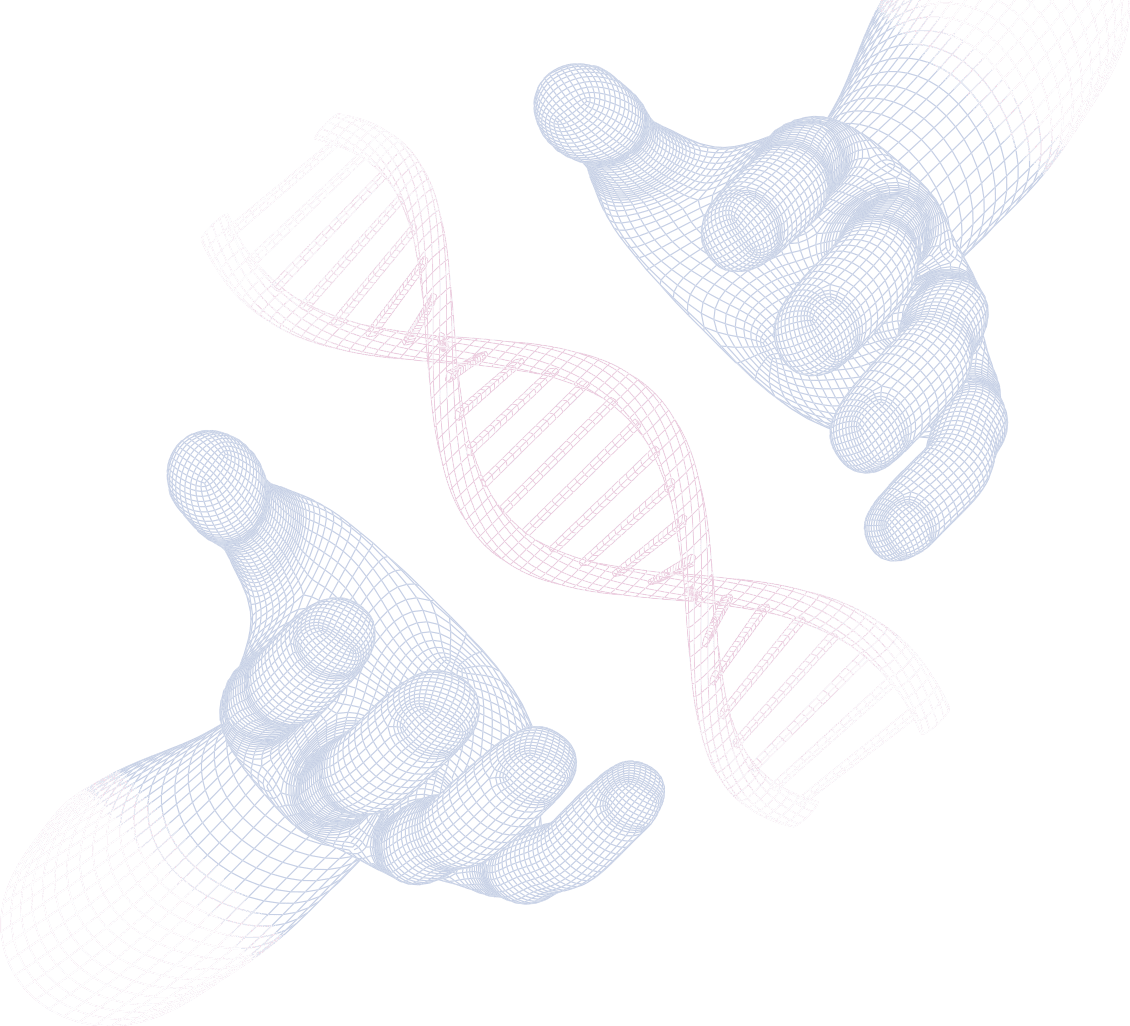
Lung cancer biomarker testing—sometimes referred to as tumor, molecular, or genomic testing—looks for changes in the tumor's DNA. Molecular profiling studies of lung tumors not only provide important information regarding prognosis and survival, but also help to identify potential therapeutic targets by offering key insights into how genetic alterations affect lung tumorigensis and metastasis.
Molecular testing of non-small cell lung cancer (NSCLC) is currently the standard of care for guiding the use FDA-approved targeted therapies such as inhibitors of EGFR, ALK and ROS1. In addition, there is growing clinical evidence supporting the efficacy of other treatments such as BRAF and MEK inhibitors for BRAF V600E-mutated NSCLC, crizotinib for NSCLC with MET exon 14 skipping mutations or high level MET amplification, various tyrosine kinase inhibitors (TKI) for NSCLC with RET rearrangements and ERBB2 antibodies and TKI for NSCLC with ERBB2 mutations. The use FDA-approved drugs for an off-label indication, such as these, and enrollment in clinical trials based on molecular findings is an important aspect of the care of patients with advanced stage NSCLC.
Breathe a sigh of relief with Lung-cf Assay.
ProGenome’s Lung-cf Assay covers more than 220 variations in 12 genes related to various lung cancers. This assay detects lung tumor-derived cell-free DNA and RNA (cell-free total nucleic acid - cfTNA) isolated from the plasma fraction of whole blood. It expands treatment options, along with providing therapy monitoring and management solutions
Genes covered: ALK, MET, BRAF, NRAS, EGFR, PIK3CA, ERBB2, RET, KRAS, ROS1, MAP2K1 and TP53
